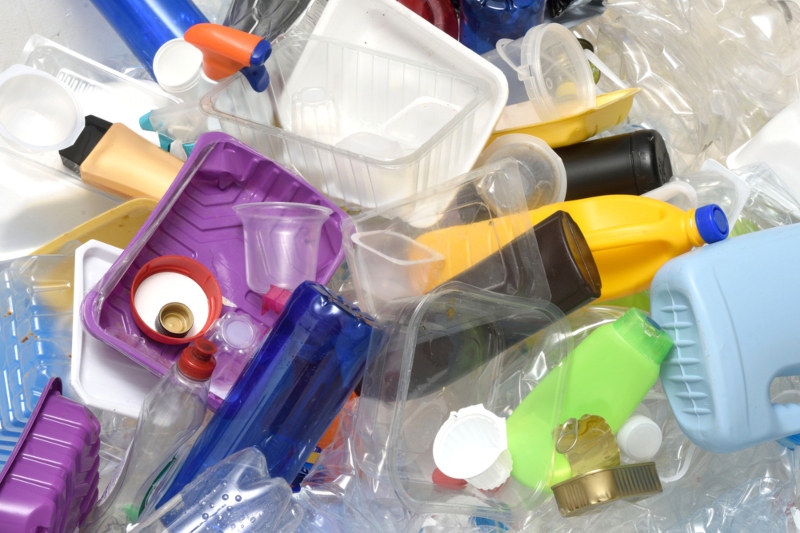Technical development manager at SUEZ, Thomas Merry, provides an update on FPF FlexCollect; the most extensive household collection and recycling project of its kind ever undertaken in the UK.


By 2027 all local authorities will be required to collect flexible plastic packaging from households. But collecting this material is only the beginning of the journey. Understanding and optimising collection, sorting and recycling is key to reducing the environmental impact of flexible plastic packaging, and learning how to achieve this efficiently and effectively is the aim of the FPF FlexCollect project.
FPF FlexCollect is the most extensive household collection and recycling project of its kind ever undertaken in the UK. It is a three-year, £2.9m industry-led project co-funded by the Flexible Plastic Fund, Defra, UKRI’s Smart Sustainable Plastic Packaging Challenge (SSPP) and Zero Waste Scotland, and delivered by SUEZ, RECOUP, Ecosurety and WRAP. Over three years, the project will be delivering nine pilots across a range of communities and collection methods, with local authorities financially supported to roll out and operate pilot household collections. These pilots will generate case studies and guidance to support local authorities to deliver new flexible plastic packaging collection services across the UK. The project will also develop sorting solutions and recycling markets for the material to help get all members of the value chain ready for the implementation of the Government’s consistency reforms.
To date, we have successfully rolled out three pilots in Cheltenham, South Gloucestershire and Maldon, and we are continuing to recruit local authorities to ensure all collection methods and communities are covered. We have sent the material collected to a range of different recyclers to understand how they can process it, and we are undertaking analysis of compositional data. After a period of recruitment and operational planning, it is great to see our hard work paying off with collections happening on the ground.
Coming up to the first anniversary of the project, as is the nature of pilots, we have faced a number of challenges, although these haven’t always arisen where we expected. Rolling out a collection service has been relatively pain-free to date, but sorting and recycling are presenting greater challenges.
Reflecting on the past year, it seems when considering the bigger picture of the consistency reforms, the main obstacles to overcome will be at the sorting stage. To deliver efficient and effective sorting, we need the most appropriate collection method in place for each combination of collection and sorting. Source segregated, co-mingled and twin stream are the main three collection methods covered, with sorting addressed by transfer stations, transfer stations with a simple sort, and traditional or modern material recycling facilities. We are currently collecting flexibles in separate bags to understand how much material we can expect, and how participation changes across different communities. But integrating the material into current services, while also looking at innovative solutions for the future is key.
Once flexibles are collected, how do we separate them from other recyclables? Flexible plastic has many benefits such as reducing the carbon impact of transportation due to its lightweight and flexible nature or reducing food waste by maintaining freshness given its barrier properties. But these properties also create challenges when sorting it from, for example, other thin flexible materials like paper, or other rigid plastics made of the same polymers.
Current sorting infrastructure is not ready to take on the volume of this material and the range of flexible plastics in use, and we need to act fast given the wider economic challenges of recession, supply chain delays, and inflation, to be prepared for the 2027 policy backstop.
Another consideration is how funding will work under the EPR scheme administrator, due to be appointed this year. This is the first question we are asked when discussing the FPF FlexCollect project – when will we have policy clarity? We will have the data to feed into the appointed scheme administrator, but without understanding the mechanism for payment, local authorities are still apprehensive.
So, what next? For the project, we will continue to roll out pilots across the nine local authorities, collecting the material and trialling different types of recycling solutions. We will also continue to develop sorting options looking at current and future infrastructure development and requirements. We will report findings back to the value chain through our stakeholder engagement panel and publish case studies and guidance documents once we have sufficient information. And for policy clarity, we can only wait.
This article first appeared in the spring issue of LAPV. To subscribe for free click here.